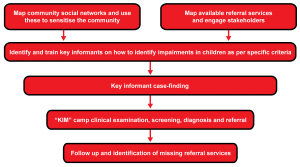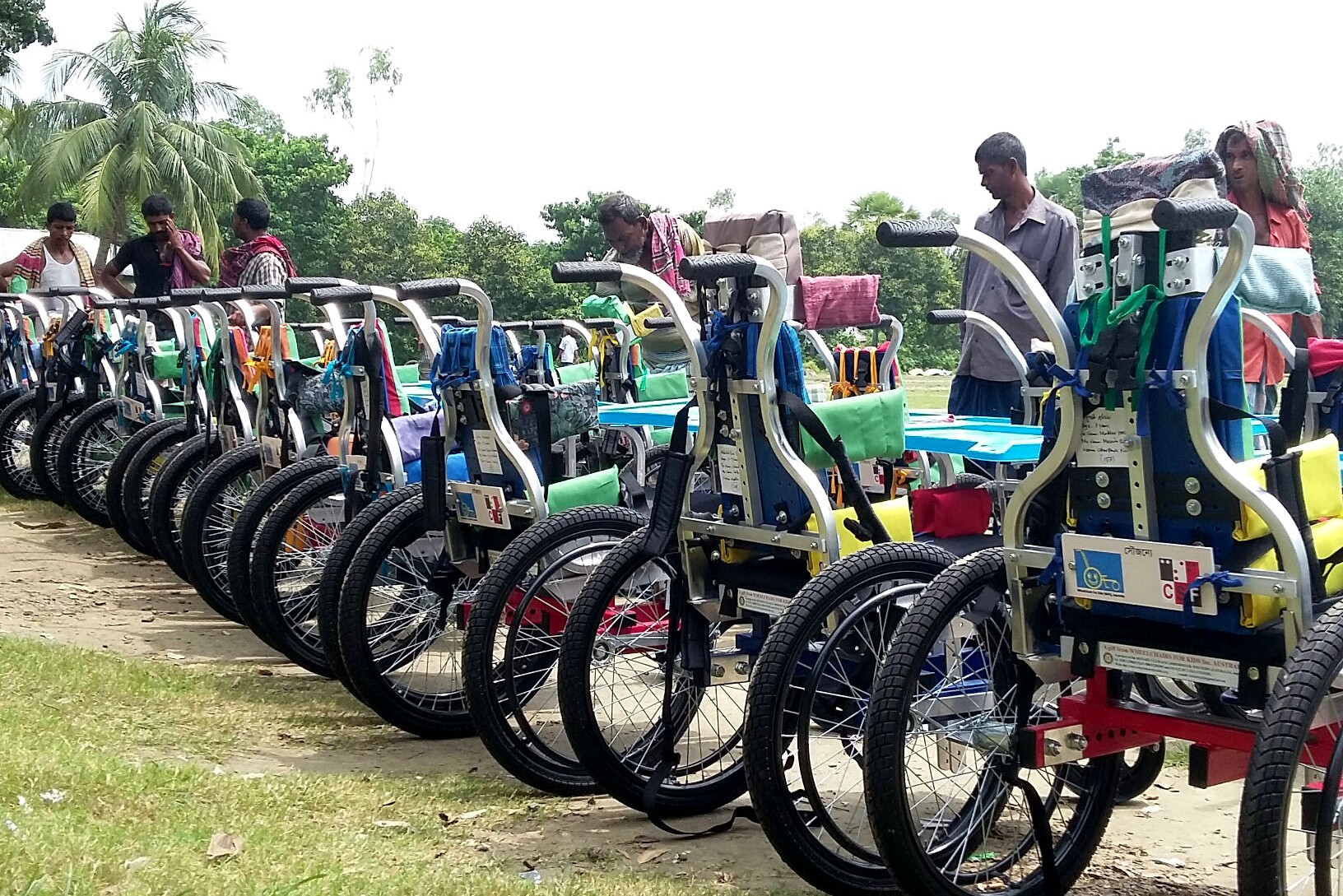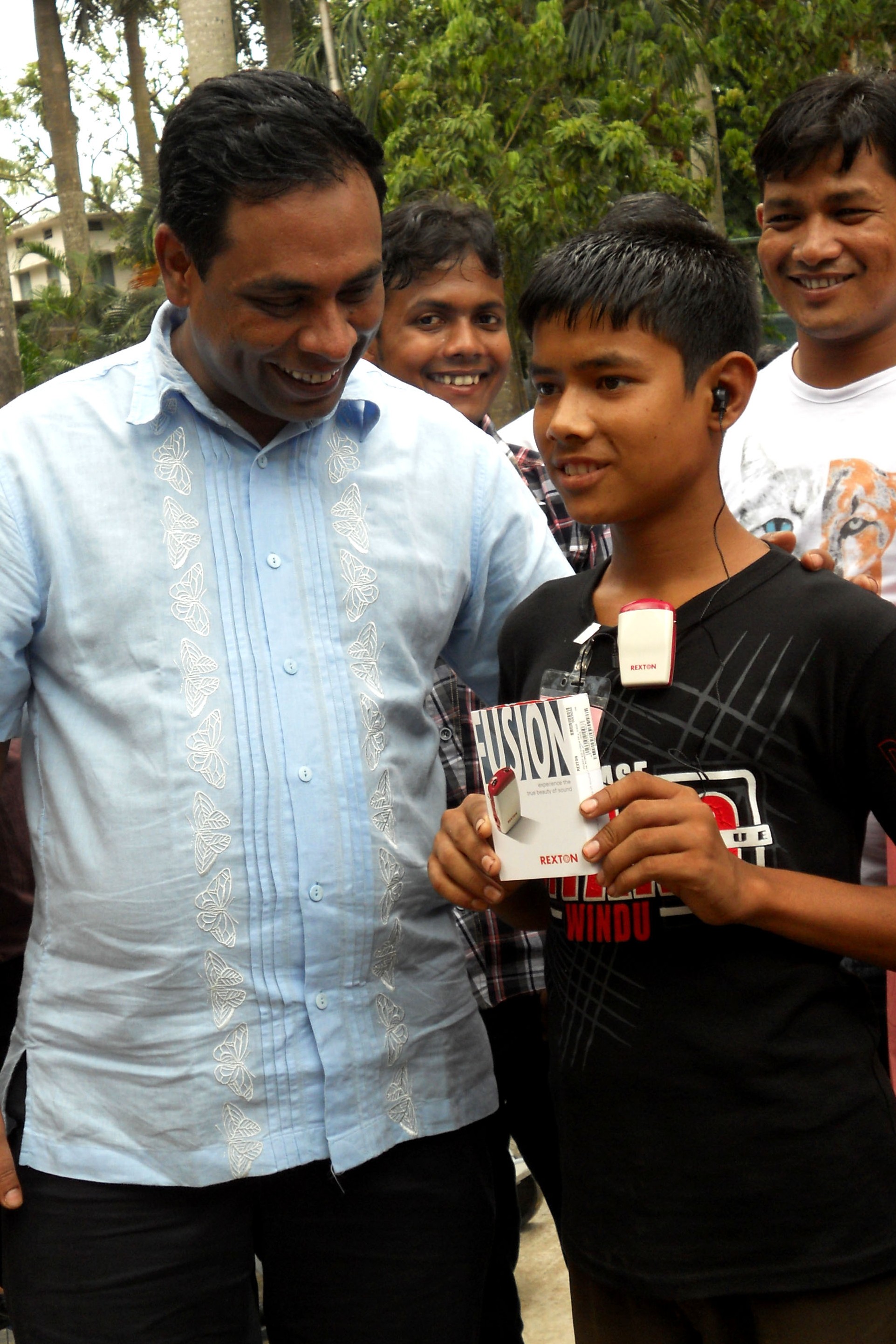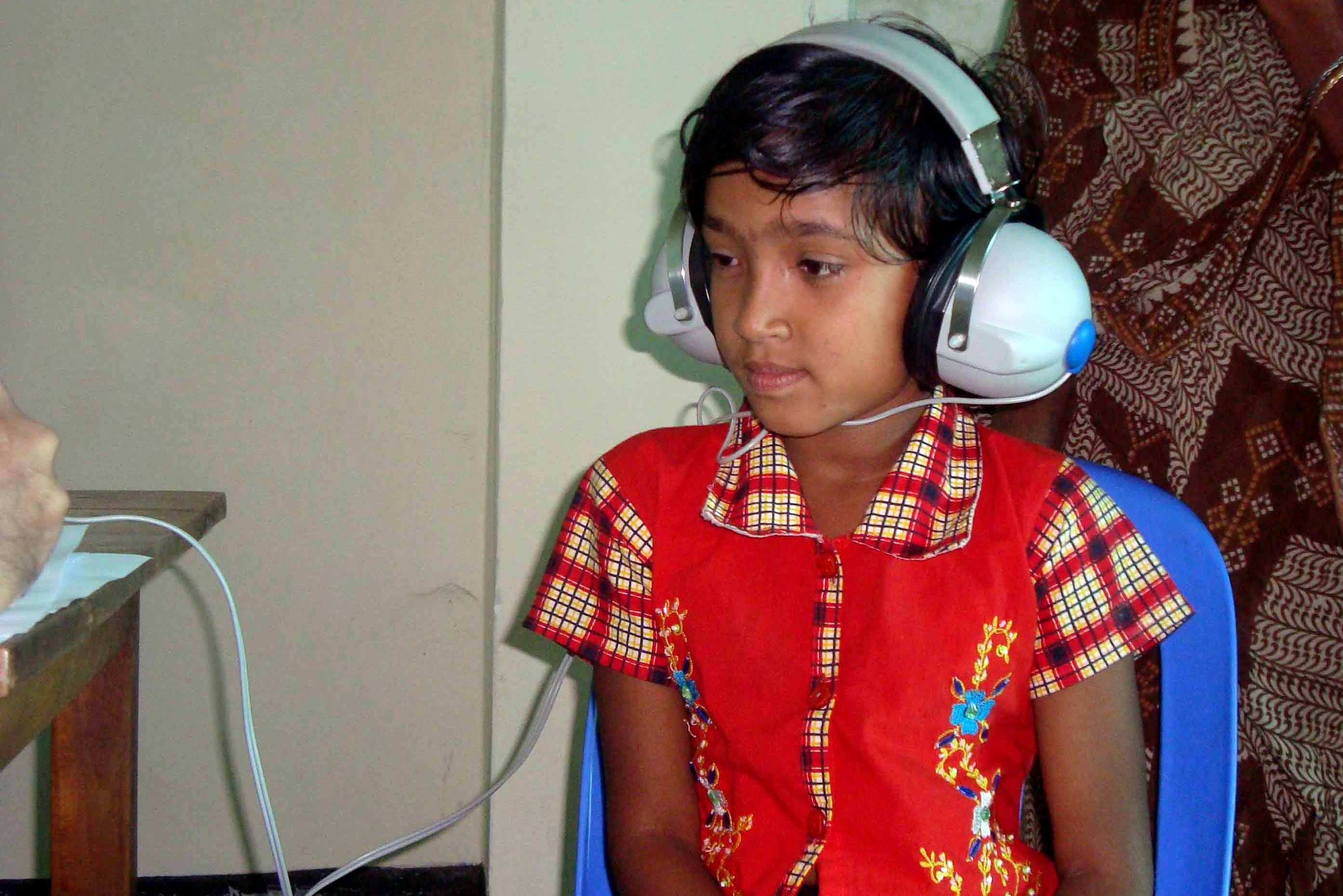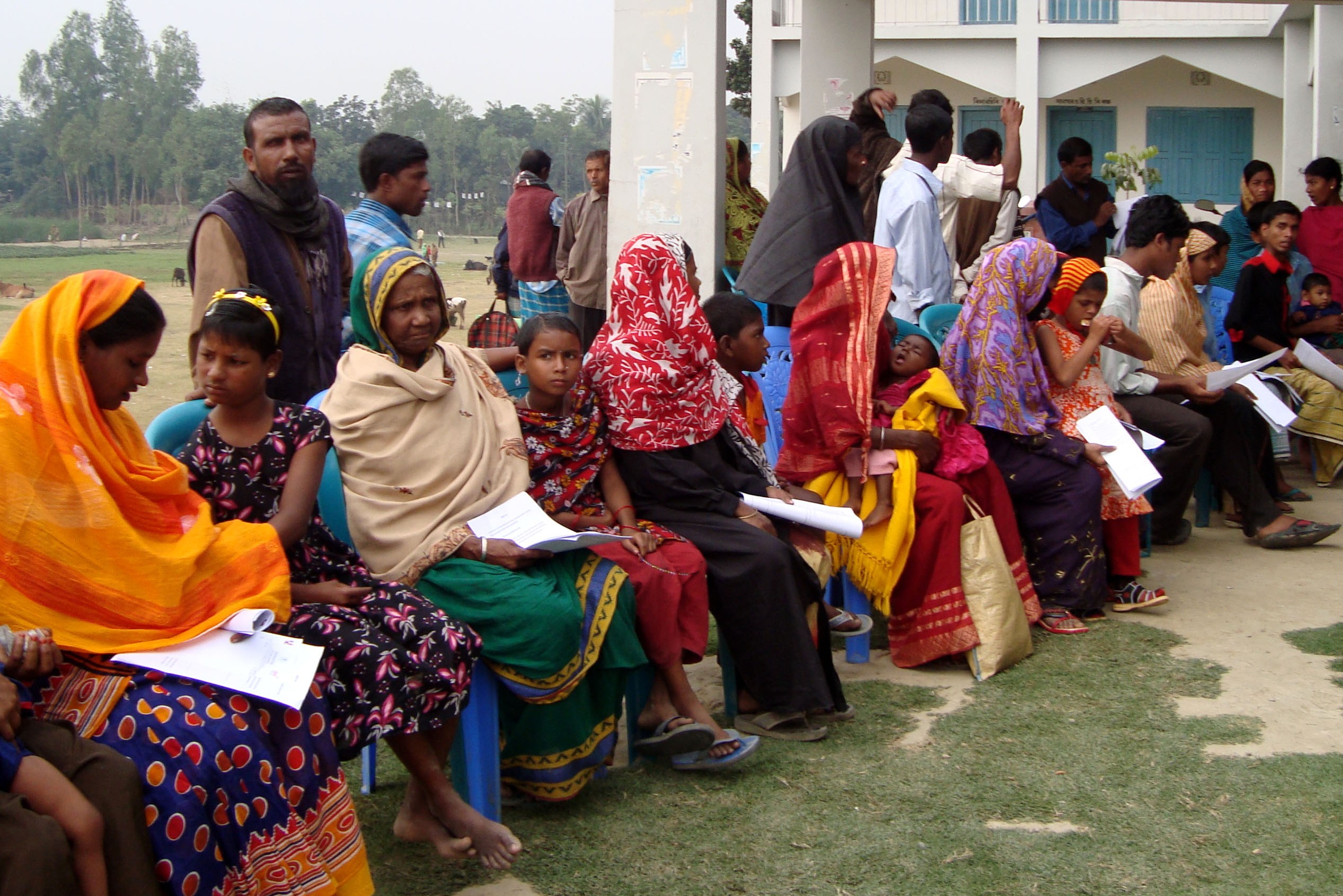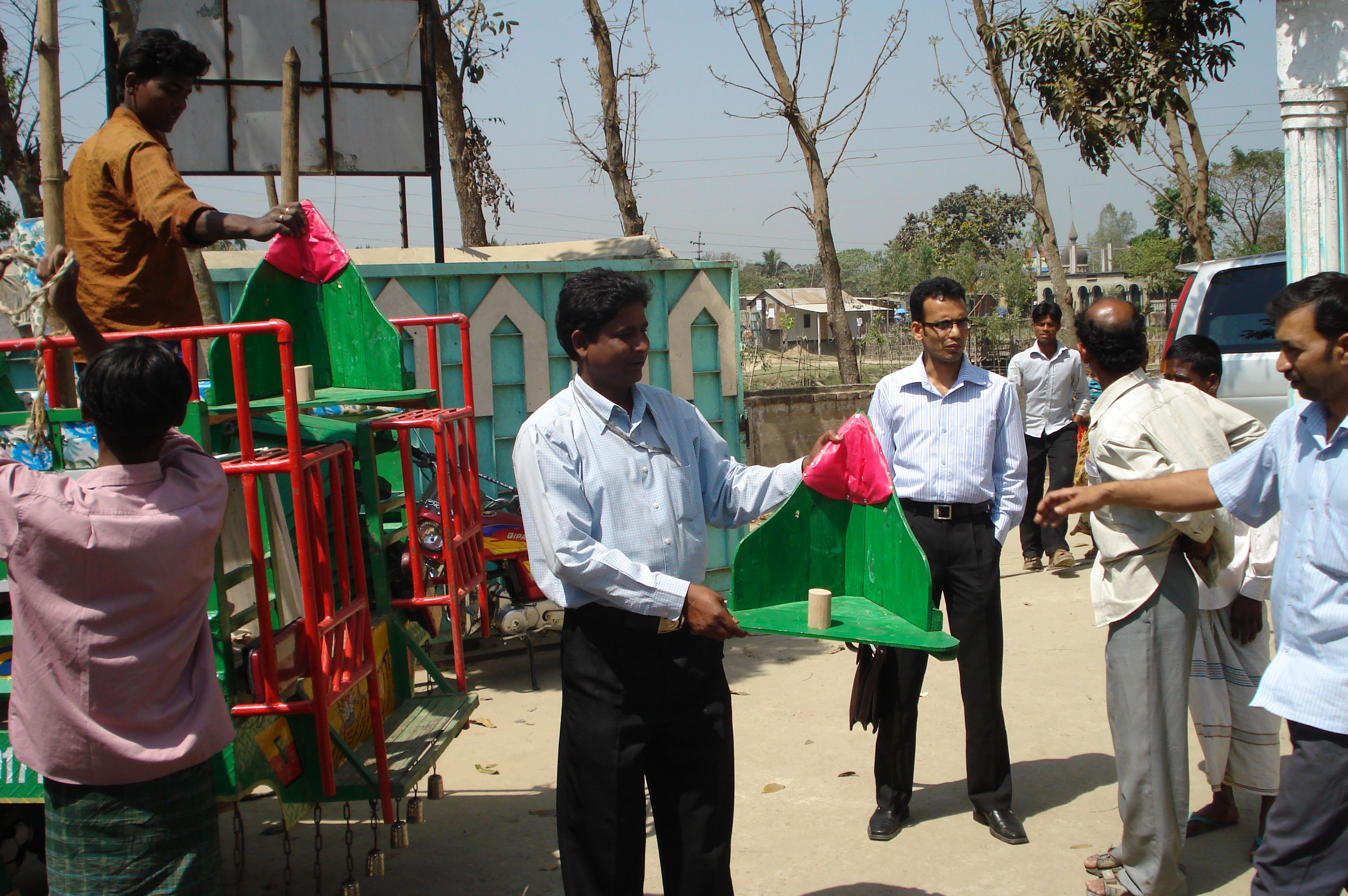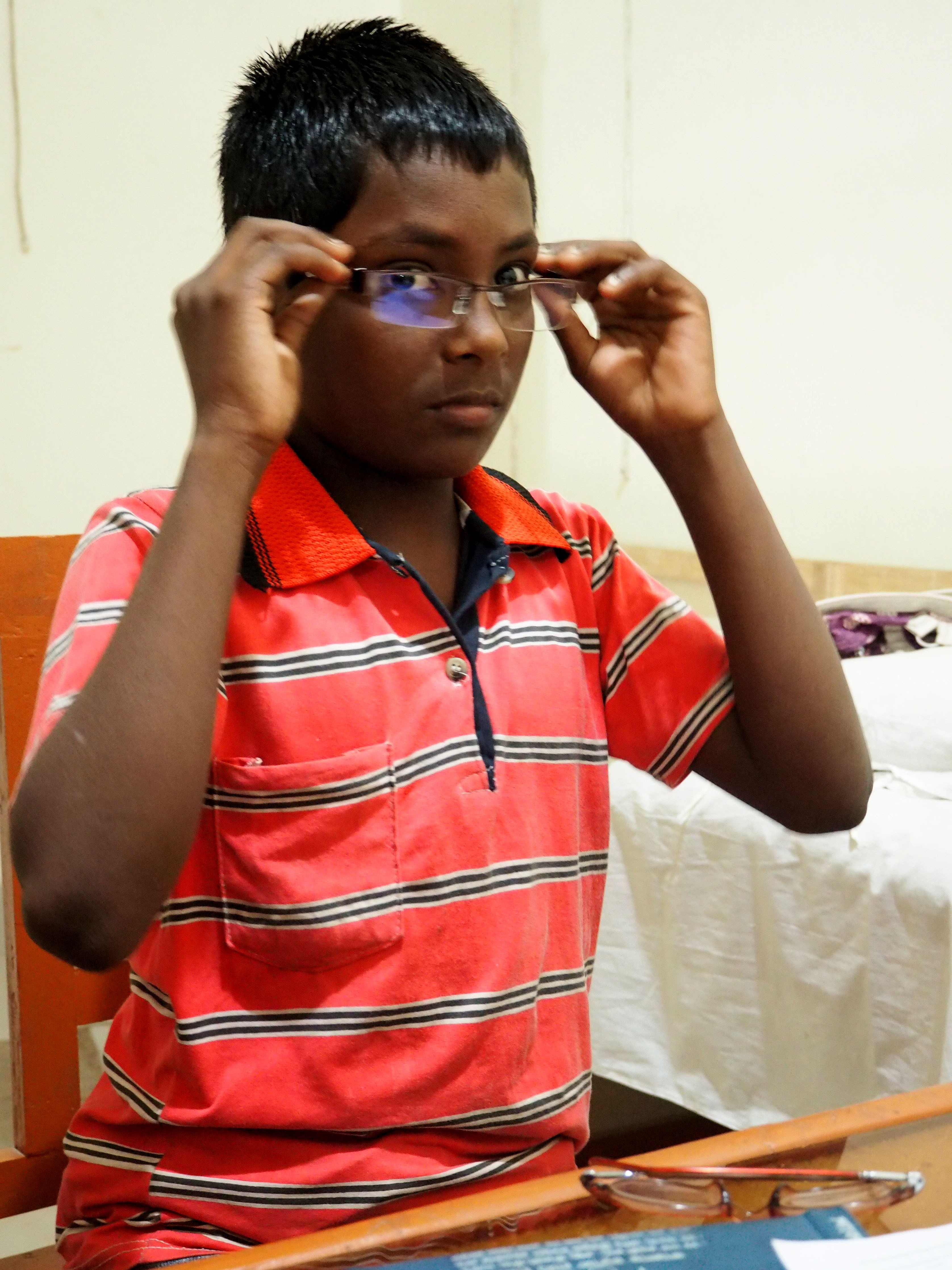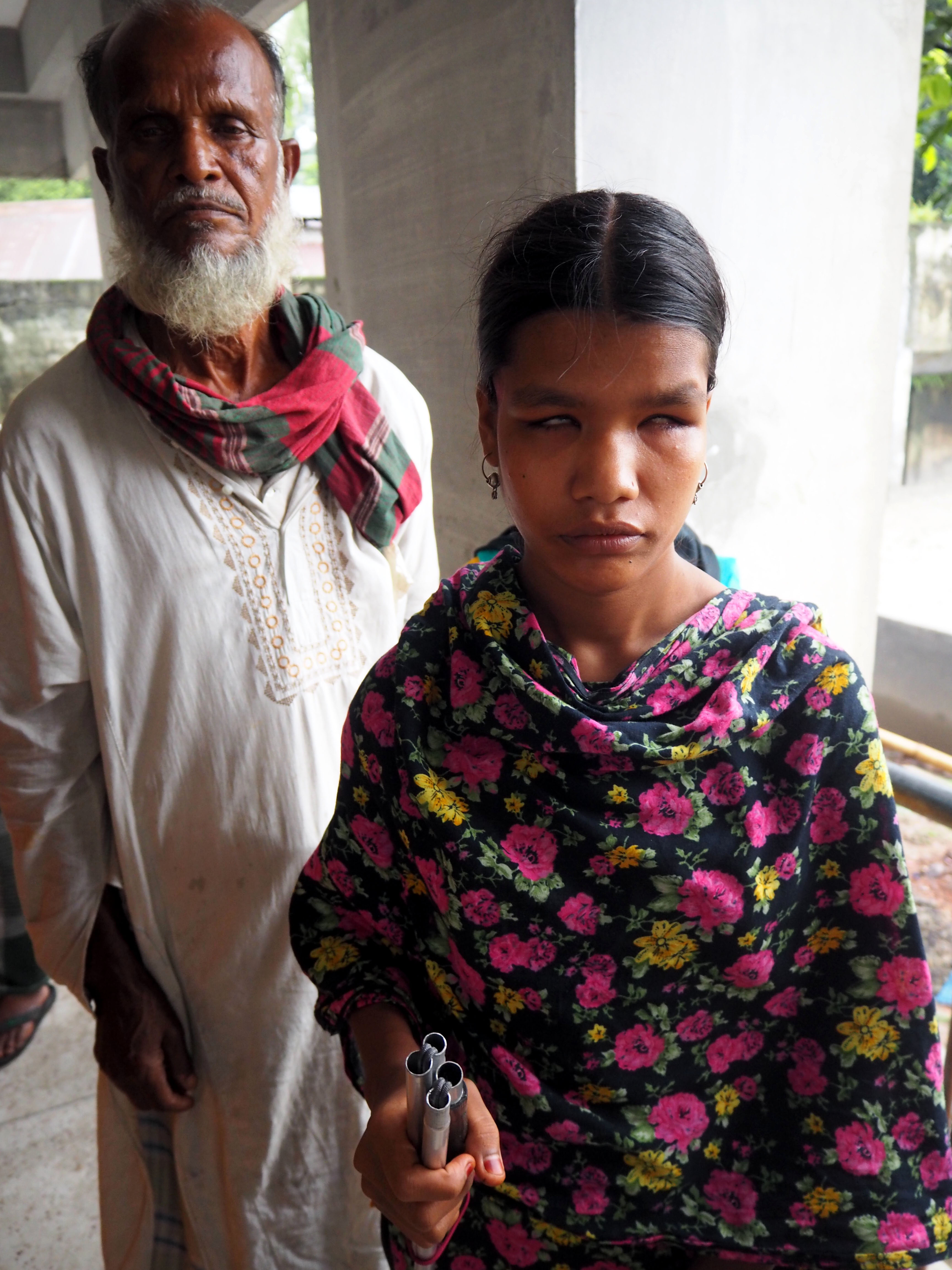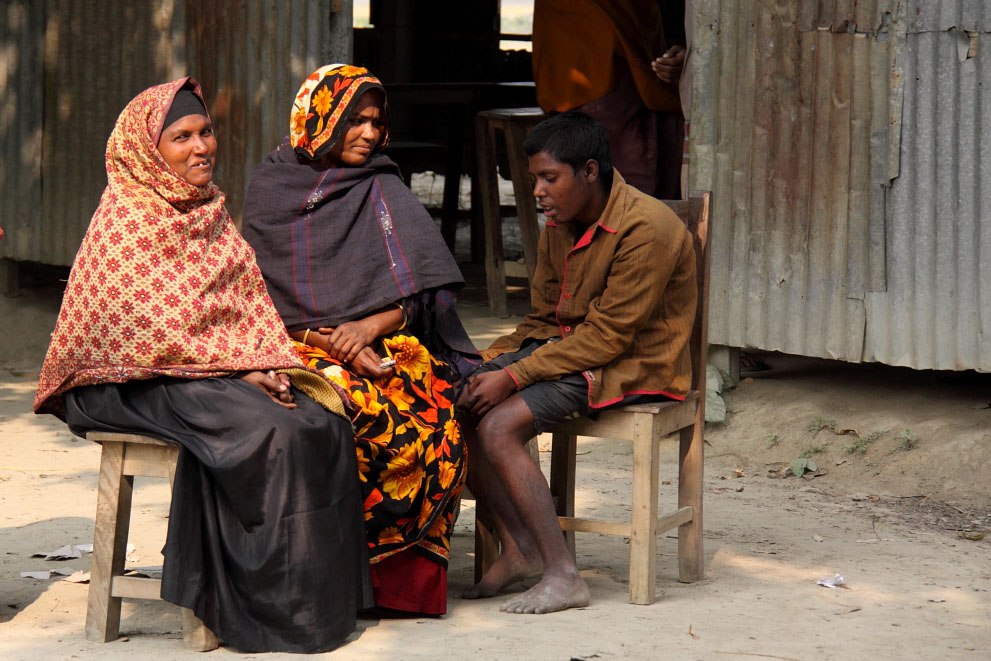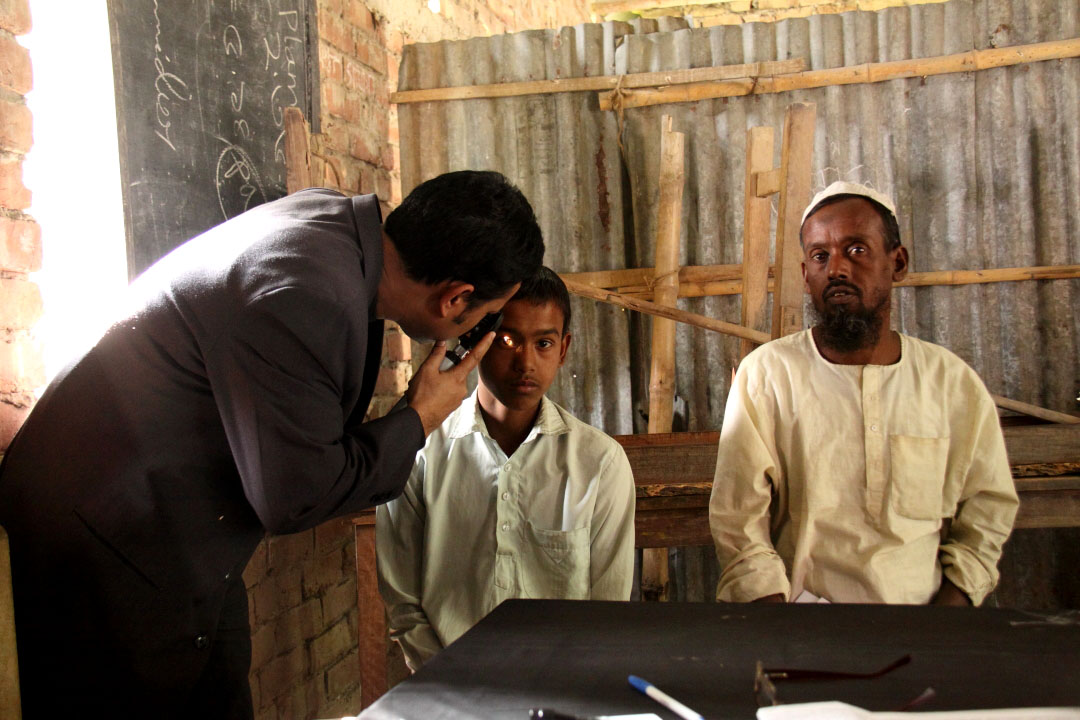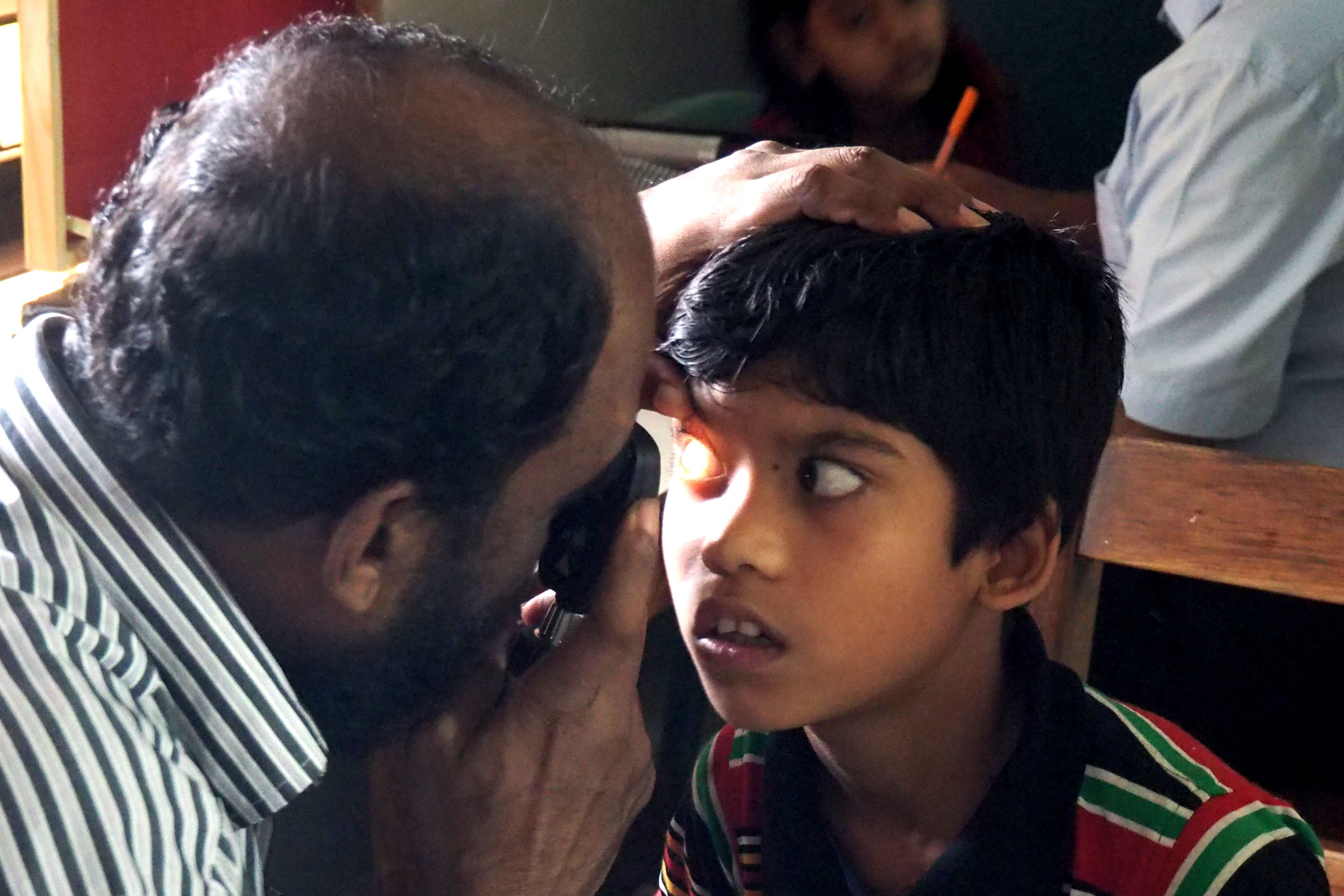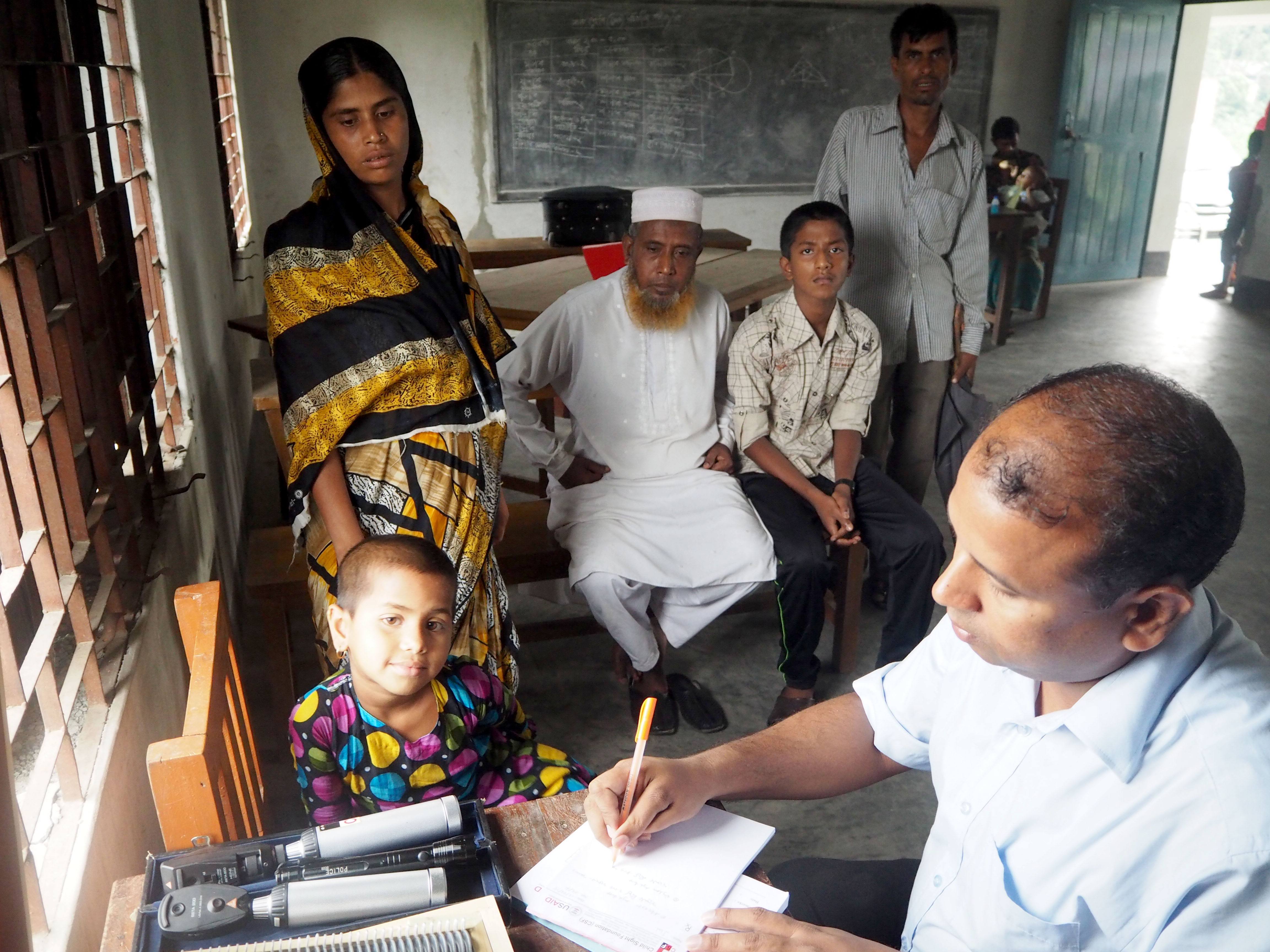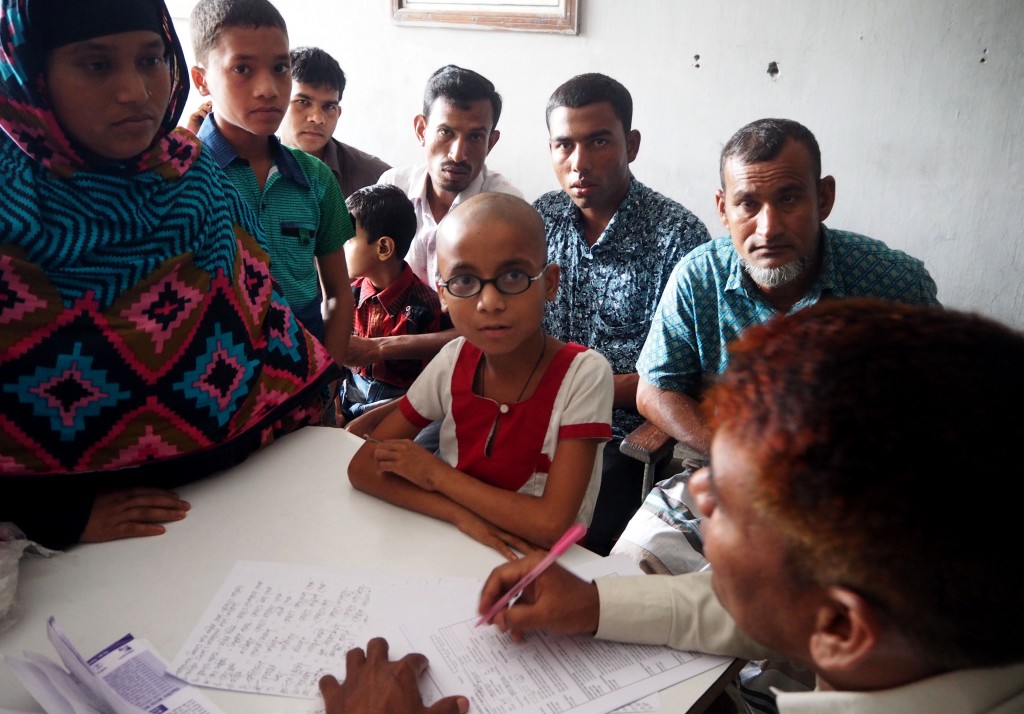 The Key Informant Methodology (KIM) is an innovative social mobilisation strategy to enable community-based diagnosis, treatment and provision of assistive devices for people with disability throughout hard to reach regional and rural areas of low and middle income countries. KIM is a foundation for all our projects and services.
The Key Informant Methodology (KIM) is an innovative social mobilisation strategy to enable community-based diagnosis, treatment and provision of assistive devices for people with disability throughout hard to reach regional and rural areas of low and middle income countries. KIM is a foundation for all our projects and services.
Pioneered in partnership with the London School of Hygiene and Tropical Medicine KIM provides a cost effective mechanism for identifying children and adolescents in instances where the remoteness of regional communities and poor access to health, education, and rehabilitation services renders other methods ineffective.
KIM fulfils two important roles:
(1) Providing data on the frequency and causes of disability in children and adolescents in the community
(2) Identifying and providing services to children and adolescents with disability, be it clinical, educational, or rehabilitative.
This methodology was piloted by means of extensive field research in Bangladesh, and has been successfully replicated in China, India, Iran, Ghana and Malawi. Read more about our KIM research here.
How KIM works
We employ project officers in each of our program districts to network with local services and identify community volunteers, called Key Informants. We then provide specialised training to the Key Informants teaching them how to identify and refer children with impairments to our medical mobile camps and other local services.
Key Informants are typically highly-motivated community members who know their community well either through their occupational or social roles. They are commonly health workers, school teachers, non-government organisation (NGO) staff, government staff, religious leaders, traditional healers, local journalists, or other people who are actively involved in the social network of their communities.
Adults with disability play an important role as Key Informants. Challenging stigma and assumptions they act as role models as they educate families and other community members about disability and forge linkages between children with disability and local services.
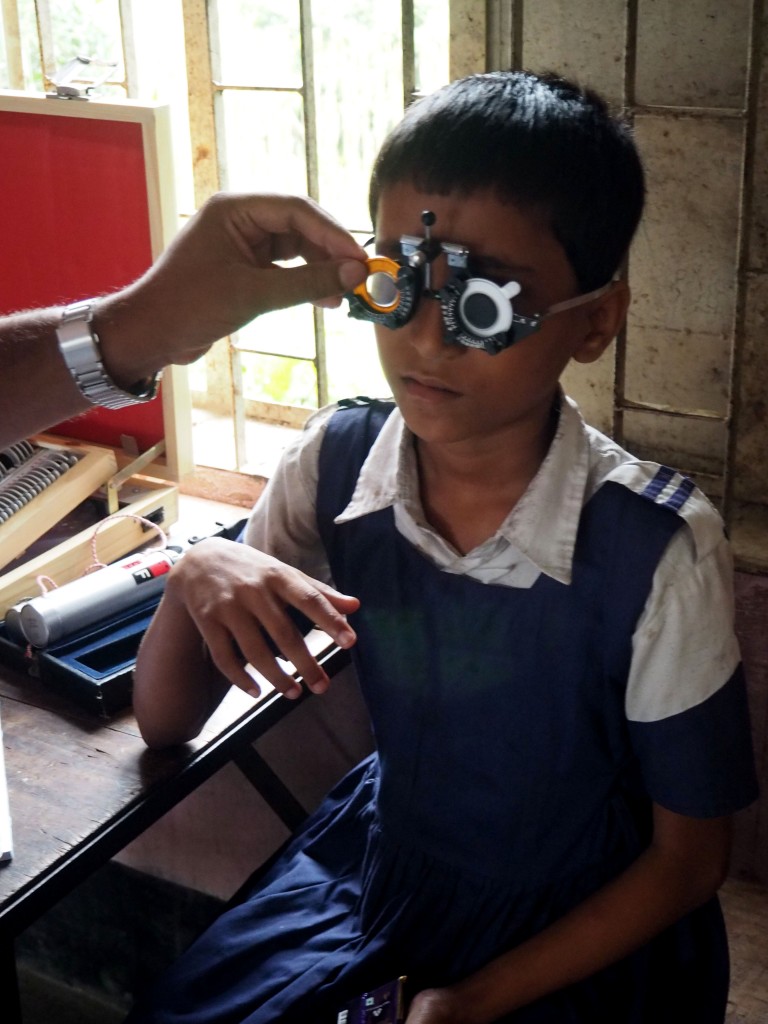 Our Mobile Medical Team
Our Mobile Medical Team
Utilising easily accessible community venues such as local schools and health centres our specialist mobile medical team travel to local communities and conduct assessments of children identified by our Key Informants. Children receive diagnostic examinations and referrals for treatment, assistive devices, or ongoing rehabilitation and therapy. We also provide individual counselling and information to educate family members about disability, challenge myths and stigma and ensure the best possible outcomes.
Providing assistive devices
We provide free assistive devices to children and adolescents with impairments to enable their full participation in society. Assistive devices include:
- spectacles
- white-canes
- other low vision devices (i.e. magnifying screens)
- custom-built wheelchairs
- corner chairs
- crutches
- special shoes
- parallel bars
- standing frames
- hearing aids
Providing medical treatment
Alongside our partner hospitals we support children with treatable impairments to access medical care and surgery. Costs associated with accessing treatment including transport, surgery and follow up care are covered by our program so that services are easily accessible. Our treatments include:
- cataract surgery
- eye care treatment
- cleft lip / palate surgery
- club foot surgery
- Epilepsy medication
Providing referrals
We provide referrals to support children with impairments to access existing services within their community. Costs associated with accessing treatment including transport, surgery and follow up care are covered by our program so that services are easily accessible. We also network with local providers (i.e. schools) to make sure their services are accessible for children with disability. We provide referrals for:
- cataract surgery
- eye care treatment
- cleft lip / palate surgery
- club foot surgery
- other medical needs
- special needs schools
- government and NGO schools

